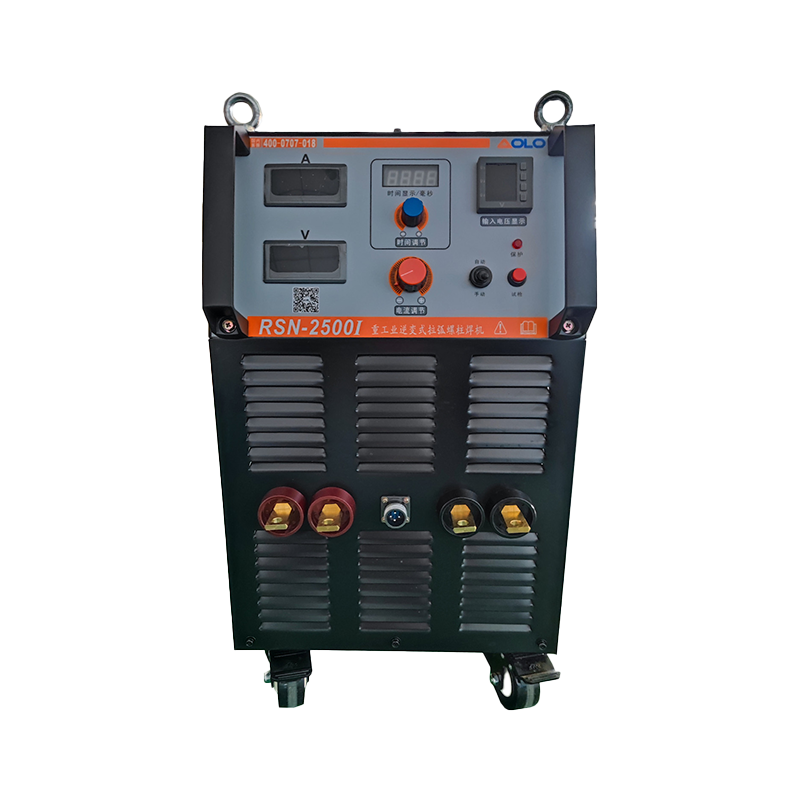NBC-315Y 220V/380V 300A IGBT Inverter Portable welder Built-in wire feeder 2T/4T MIG/MAG(GMAW)
Cat:Gas shielded welding machine
1、The machine adopts a phase-shifted full-bridge inverter main circuit...
See DetailsStud welding machines are designed for efficiency and reliability, making them essential tools in various industrial applications. Their durability performance, particularly concerning speed and strength, plays a crucial role in their effectiveness.
The speed of stud welding machines directly impacts their operational efficiency and productivity. Here’s how speed contributes to durability:
Stud welding can complete welds in mere seconds. This rapid process minimizes downtime in production lines, allowing for continuous operation. The ability to weld quickly ensures that machines are utilized efficiently, leading to higher output rates.
The speed of the welding process helps limit the thermal exposure of both the stud and the base material. This localized heating reduces the heat-affected zone (HAZ), minimizing the risk of warping or distorting the materials involved. The reduced thermal impact contributes to the overall durability of the welded structure.
In high-volume production environments, the ability to rapidly weld multiple studs enhances throughput. This efficiency not only leads to more robust operations but also reduces wear and tear on the machinery, contributing to its longevity.

The fast cycle time allows for the integration of stud welding into automated production lines, further increasing operational efficiency. This integration means that machinery experiences less idle time, promoting longer service life.
The strength of welds produced by stud welding machines is critical for the durability of the assemblies in which they are used. Here’s how strength impacts durability:
Stud welding creates strong bonds that often exceed the tensile strength of the materials being joined. This high-quality welding ensures that the connections can withstand significant loads and stresses, enhancing the durability of the final product.
The welded joints formed are resistant to fatigue and cyclic loading. In applications subject to repeated stress (such as in automotive and construction sectors), the strength of the welds helps prevent failure over time, ensuring the longevity of the structures.
Many stud welding processes can incorporate protective coatings or be applied to corrosion-resistant materials. This aspect is vital in environments exposed to harsh conditions, where the strength of the welds must withstand not only mechanical stresses but also chemical attacks.
The nature of stud welding allows for smooth transitions in welded joints, reducing stress concentration points. This design minimizes the likelihood of cracking or failure at the weld interface, further enhancing the durability of the connections.
Stud welding machines can be used with a variety of materials, including steel, aluminum, and stainless steel. The ability to create strong welds across different materials ensures that the machines remain versatile and durable in various applications.
The durability performance of stud welding machines is significantly influenced by their speed and strength. Rapid weld cycles contribute to operational efficiency and reduce thermal impact, while the strength of the welds ensures that the connections can withstand demanding conditions over time. Together, these factors enhance the overall durability of both the machines and the assemblies they produce. As industries continue to seek efficient and reliable joining methods, stud welding will remain a key technology, providing long-lasting solutions that meet the rigorous demands of modern manufacturing.
Contact Us